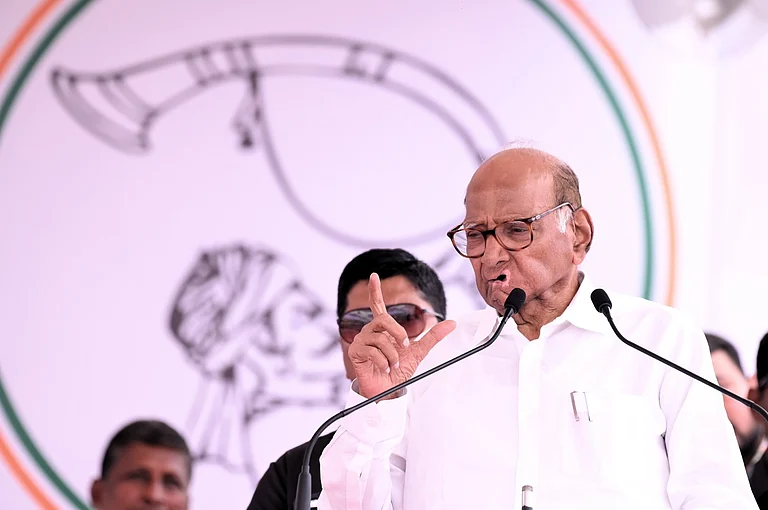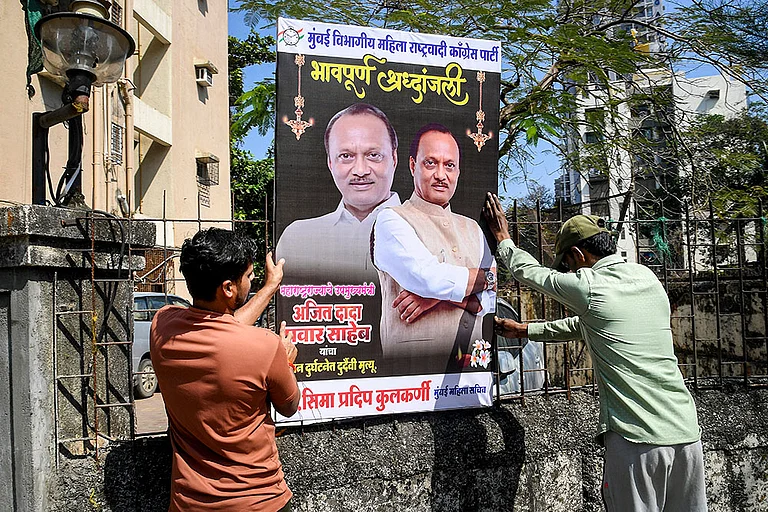NCP founder Sharad Pawar on Tuesday said the draft of the Maratha quota bill passed by the Maharashtra legislature was similar to the earlier legislation which could not stand the scrutiny of the Supreme Court in the past.
"We need to see what happens to the fresh bill in the Supreme Court," Pawar told reporters in Kolhapur.
The state legislature has unanimously passed the Maharashtra State Socially and Educationally Backward Bill 2024 granting a 10 per cent reservation to the Maratha community in government jobs and education under a new category. "The draft of the bill cleared by the state legislature today is the same as that of the one presented before the apex court. We need to see what happens to the fresh bill in the Supreme Court," Pawar said.
He met Kolhapur royal Chhatrapati Shahu Maharaj at his residence. "The bill passed today is exactly like the bills cleared by the previous governments. Those bills could not stand the legal scrutiny," Pawar added.
Earlier attempts by state governments to introduce the reservation for Marathas have been struck down by courts. Notably, just ahead of elections in 2014, the then Congress government under Prithviraj Chavan issued an ordinance implementing a 16 per cent reservation for Marathas. The Bombay High Court struck it down, citing the 50 per cent limit imposed by the Supreme Court.
In 2018, the Devendra Fadnavis government announced a 16 per cent reservation for Marathas, which was struck down by the top court in 2021 as it breached the 50 per cent quota ceiling, and that there was no 'extraordinary circumstance' for justification.


























